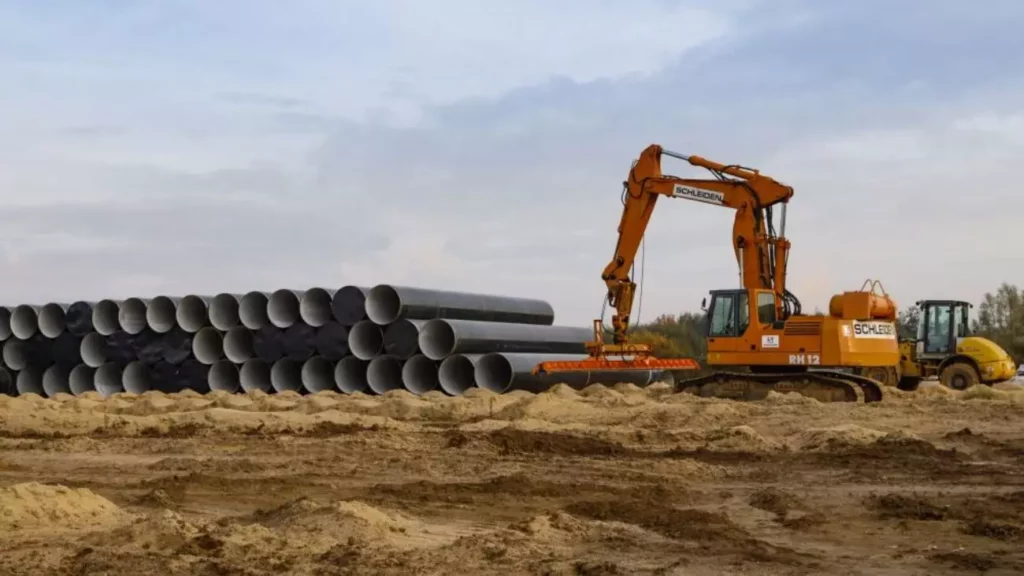By Ian Carruthers and Noel Harper
DISCLAIMER: This blog is intended to inform the reader about how the law was applied in a particular case. It should not be taken as advice regarding the outcome of any other case, even one that may have similar facts. The Court’s decision will depend on the facts of each case. Please call 1-844-210-9511 or visit carrutherslaw.ca if you would like to discuss your specific case.
Imagine that you are a Justice hearing an application by a defendant to summarily dismiss a claim, on the basis that it was commenced outside of the limitation period. Here is a timeline of the case in question:
On February 18th, 2003, the defendant granted the plaintiff a lease to extract gravel from their land.
On July 18th, 2004, the defendant granted an oil and gas company a pipeline right-of-way on the land, which impaired the gravel lease he entered with the plaintiff. The defendant did not give the plaintiff any notice of the pipeline right-of-way, and only asked the plaintiff to consent to a temporary agreement to set up a work camp without mentioning what it was for.
On June 25th, 2005, the plaintiff consented to the agreement and initialed the camp location on a map – which also showed the pipeline right-of-way. The plaintiff would later testify that they did not notice the pipeline right-of-way.
On an unknown date after the plaintiff consented to what they assumed was a temporary imposition of the lease, they noticed that a pipeline had indeed been plowed into the land.
In October of 2012, the plaintiff obtained a Land Titles Certificate and became aware of the pipeline right-of-way that the defendant granted the oil and gas company eight years before.
The plaintiff commenced an action on January 29th, 2013.
Did you get it right? Check out the next post for the answer and a brief explanation of the case.

